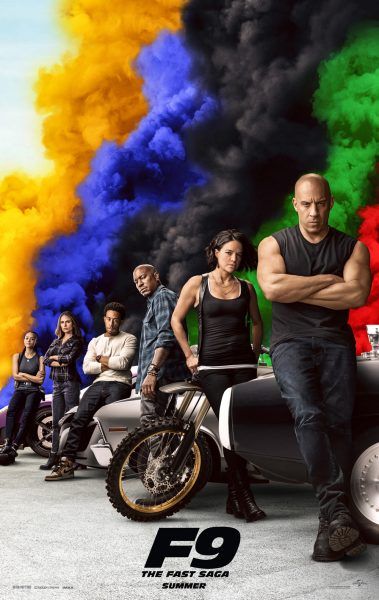The controversy over Universal Pictures’ decision to release the animated sequel Trolls: World Tour straight to premium VOD this year continues to rankle theater owners, but NBCU CEO Jeff Shell said on Thursday’s Comcast earnings call that theatrical will continue to be a key component of Universal’s release strategy. Earlier this week, Shell told the Wall Street Journal that premium VOD releases—meaning major new films being released straight to VOD instead of in theaters—would still be a part of Universal’s release strategy even when theaters re-open. That did not sit well with theater owners, and AMC Theaters immediately (and stupidly) declared it would no longer play Universal Pictures films in its theaters.
Today, Shell offered a bit more clarity on Universal’s strategy, calling PVOD a “complimentary” element to the theatrical release model, not a main focus:
“The question is when we come out of this, what is going to be the model. I would expect that consumers will return to the theaters and we will be part of that. And I also expect that PVOD is going to be a part of that in some way. It’s not a replacement, it’s going to be a complementary element. We’re just going to have to see how long that takes and where it takes us.”
But as Shell continued, he was frank about the fact that the way people consume movies has changed, and Universal doesn’t intend to ignore that:
“There’s no question that theatrical will some day be a central element to our business and film business, it’s how people make their movies and how they expect their movies to be seen. But the flip side is the majority of our movies, whether we like it or not, are being consumed at home, it’s not realistic to assume that we’re not going to change, that this part of the business isn’t going to change like all parts of the business are going to change.”
He’s not wrong, and a film like Trolls: World Tour or even this year’s Emma is a good example of the kind of movie that could thrive on PVOD. The rise of streaming has changed audience expectations. For further proof, just look at the kinds of movies studios are willing to pay to make vs. the kinds they’re no longer making. Big, bombastic blockbusters are still A-OK for theaters, but mid-level dramas are increasingly now being turned into limited series or Netflix movies because audiences aren’t turning up as consistently as they were before.
But on the flipside, is AMC Theaters really going to not show F9 in theaters when it opens next spring? One of the most lucrative franchises in the world would never be the kind of film that Universal would put on PVOD, and should be the kind of movie that theaters embrace wholeheartedly. But if PVOD is a lucrative market, especially for the kinds of movies studios haven’t been willing to make recently, I don’t see how pretending it doesn’t exist is going to make things any better.
We’re in an extremely uncertain time right now and tensions are hot, so who knows what this argument looks like in two months let alone two years, but it’s certainly interesting to see how it’s playing out right now. For more on the subject, check out Perri’s excellent breakdown of what kind of profit PVOD is bringing Universal—and why it may not be the “fix-all” it’s chalked up to be.



